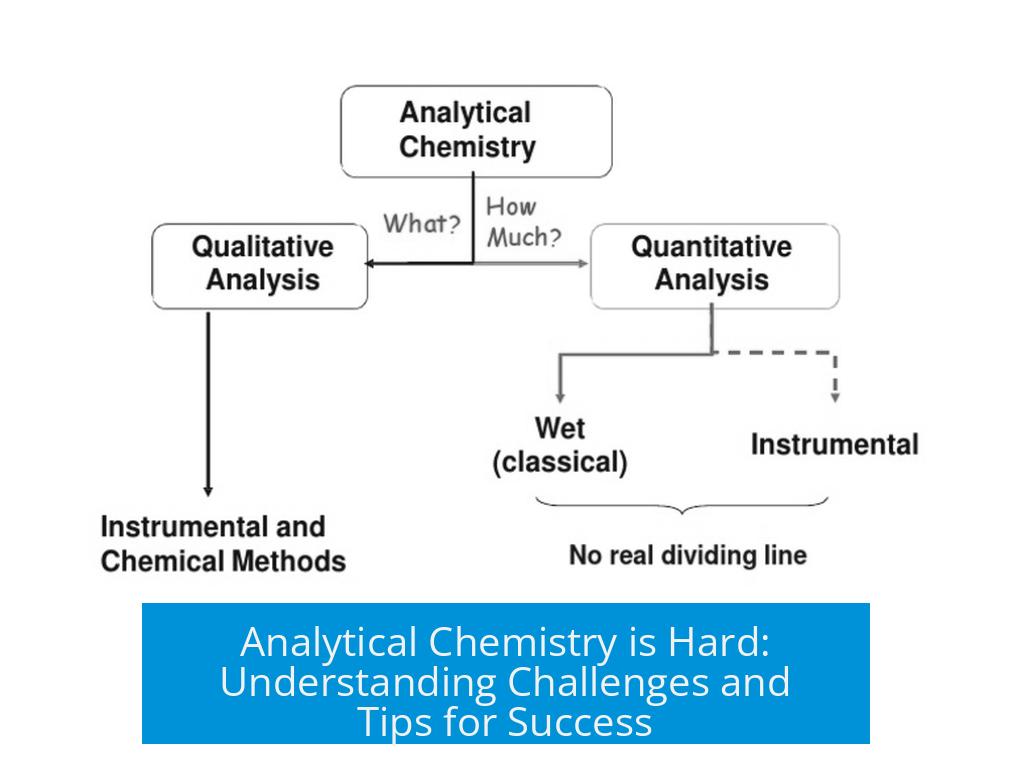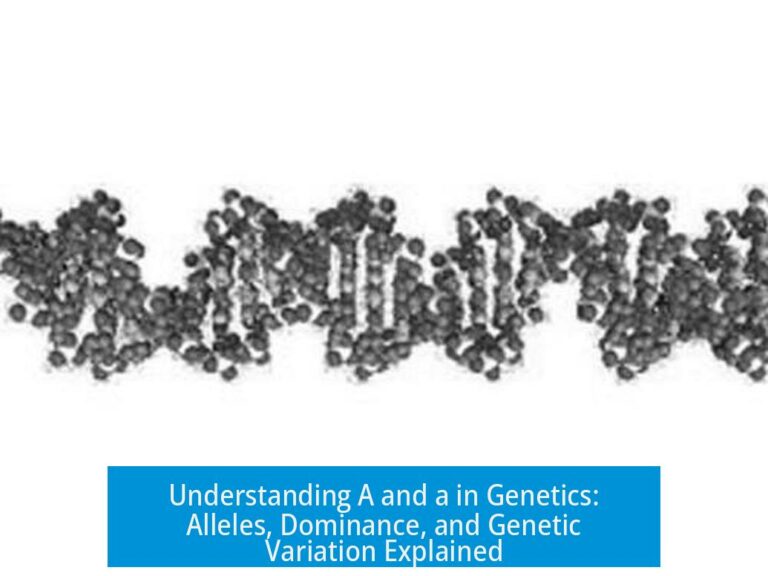Why Analytical Chemistry Is Hard

Analytical chemistry is often viewed as difficult due to its focus on statistics, equilibria, and theory, but its challenge varies by individual and institution. Understanding the basics clearly eases this difficulty.
Course Difficulty Varies by Institution
The challenge of analytical chemistry depends on the college or university. Some students find the coursework straightforward, while others encounter more complexity. For example, a student at CU Boulder described the course as very easy, whereas other institutions emphasize statistical methods heavily during initial weeks.
Initial Focus on Statistics
Many analytical chemistry courses begin by teaching statistics. Students often find this part tough or boring since it involves dealing with data analysis and variability. This early stage can create a steep learning curve for those unfamiliar with statistical concepts.
Improvement Through Understanding Equilibrium
After mastering statistics, students often find the topic more engaging. The study of equilibrium, chemical reactions, and associated calculations brings more clarity and applicability. This stage usually enhances students’ comfort level with the subject.
The Importance of Theory and Basics
Grasping the theory behind analytical methods is key. The subject has fewer topics once the foundational concepts are well understood. Many students report that focusing on fundamentals simplifies even complex analyses.
Individual Aptitude and Interest Matter
- Some students naturally excel due to their strengths and logical thinking skills.
- Personal interest strongly affects perceived difficulty. Those who enjoy systematic processes and problem-solving thrive more.
Tips to Manage Difficulty
- Seek a tutor, especially graduate students or tutoring centers.
- Study with peers to discuss and resolve questions quickly.
- Limit struggling with problems alone—try 15 minutes, then ask for help.
- Use available resources actively to avoid getting stuck.
Comparison With Other Chemistry Subfields
Analytical chemistry is sometimes seen as less challenging than physical or organic chemistry. Students rank subfields by difficulty differently. For some, physical chemistry is hardest, with analytical being easier due to its structured approach. Preferences heavily influence these perceptions.
Summary: Key Points
- Difficulty depends on course structure and institution.
- Statistics and theory form the initial challenge.
- Mastery of basics is essential for success.
- Personal interest and logical aptitude shape experience.
- Use tutoring and peer support to improve learning.
- Analytical chemistry may be easier or harder than other subfields depending on the student.
Why is analytical chemistry considered hard by some students?
Many find it tough because the course often starts with statistics, which can be challenging. The early focus on theory and data analysis demands strong math skills. This can be a hurdle before easier topics like equilibrium come up.
Does understanding theory make analytical chemistry easier?
Yes, grasping the basic theory is key. Most students find that once they understand fundamentals, the subject becomes manageable. Analytical chemistry relies on logic and clear concepts more than memorization.
How can students improve if they struggle with analytical chemistry?
Finding a tutor or using graduate student help can be very effective. Studying in groups or at tutoring centers helps solve problems faster. Giving yourself time to struggle, then seeking help, improves learning.
Is analytical chemistry harder than other chemistry subfields?
Difficulty varies by person. Some rank physical chemistry as harder, with analytical chemistry being easier. Others may find it more logical and enjoy it more. It depends on your strengths and interests.
What part of analytical chemistry gets easier over time?
Topics like equilibrium and applied problems become clearer after mastering basics. Early frustration with statistics tends to fade. Practice and exposure make advanced concepts more intuitive.
How do different colleges affect the difficulty of analytical chemistry?
Course difficulty varies by institution. Some schools offer simpler courses, while others focus more on rigorous statistics early on. Your experience may differ depending on where you study.





Leave a Comment